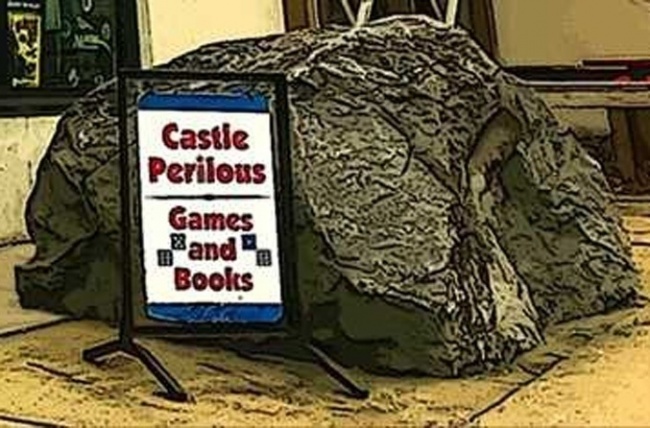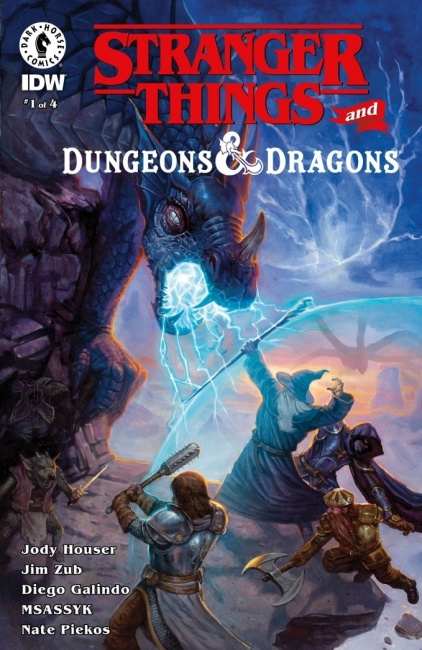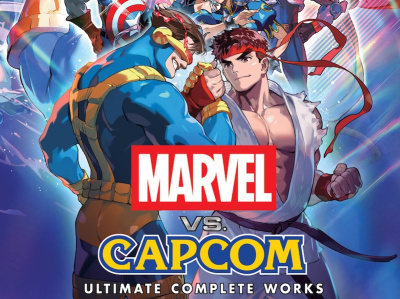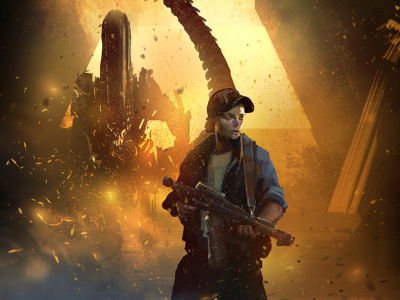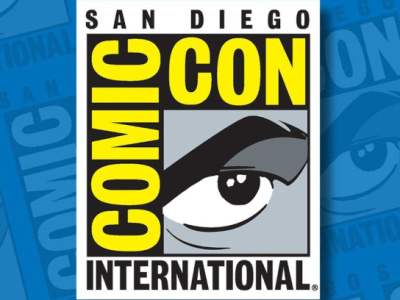Rolling for Initiative is a weekly column by Scott Thorne, PhD, owner of Castle Perilous Games & Books in Carbondale, Illinois and instructor in marketing at Southeast Missouri State University. This week, Thorne discusses nostalgia and how it ties into recent purchases of high-end TCG cards by Post Malone and Logic.
I was going to write a column looking at the way that celebrities such as Post Malone spending thousands of dollars on Magic: The Gathering cards (see "Post Malone Spends Thousands on 'Magic: The Gathering' Singles") may start driving the Magic market the way that celebrities like Logic and Logan Paul have drawn attention to and driven up demand and prices for Pokemon TCG cards (see "Blazing Hot 'Pokemon' Singles Market May Be Partially a Result of Social Media Hype"), but the whole thing is getting too crazy. Instead, I wanted to look at a comment Logic made regarding his purchase (see "Famed Rapper Logic Buys Gem Mint 10 Charizard 'Pokemon' TCG Card At Auction For $220,574").
"When I was a kid I absolutely loved Pokemon but couldn’t afford the cards," he said in a post on Instagram. "I remember even trying to trade food stamps for theirs and now, as an adult who has saved every penny he has made, being able to enjoy something that I’ve loved since childhood now as a grown man is like buying back a piece of something I could never have, it’s not about the material it’s about the experience."
Note that last line: "It’s not about the material, it’s the experience." Logic doesn't really want the card itself, but rather the nudge it gives to his memories of playing and trading Pokemon TCG when he was a kid. Similarly, as I commented back in 2012 (see "Rolling for Initiative--Blast From The Past"), people putting in preorders for the 1E reprints of the Player’s Handbook, Dungeon Master’s Guide, and Monster Manual that WotC published were not doing so because they felt the 1E books far superior to the 4E ones on the market. They bought them in order to relive their youth.
Their youth encompassed sitting around the kitchen table or in the basement with a group of your friends, moving crudely cast pieces of lead across a table with other pieces of lead representing your foes, while the Dungeon Master looked on from behind the DM’s Screen at a pile of scrawled notes and hand drawn maps in front of them. It was this remembrance of our youth, as least those of us who played Dungeons & Dragons during the 70s and 80s, that helps propel the first season of Stranger Things to the top of the popular zeitgeist (see "Rolling for Initiative--'Stranger Things', Stranger RPGs").
In general, customers crave experiences. Customer either want new experiences, such as sitting around a table in person online via Zoom whilst playing an RPG or board game, or we want something that helps us remember an enjoyable past experience. Actions that can help trigger these nostalgic memories could be as simple as sorting through a handful of Pokemon cards, flipping through the pages of a Dungeons & Dragons book, pulling out an old copy of a Spider-man comic, or sitting around a table to play Catan. We value experience and memories much more highly than we do physical products. Case in point, if I buy a TV and a friend tells me they found the same TV but got it for $100 less than I did, I will generally get annoyed: "Why couldn’t I find that deal when I bought mine?" However, if I tell a friend about a D&D session I just played in, and they tell me about the great one they played in, featuring a 3D dungeon, highly-detailed miniatures and background music, I'm more likely to go "Wow, that’s cool." Unlike TVs, no two experiences are exactly alike and I'm more likely to compare experiences with others, rather than get envious of them. The next time you settle down for a game of Attack Vector or Hobomancer or Virulence, you will remember the experience far longer than the game lasts.
The opinions expressed in this column are solely those of the writer, and do not necessarily reflect the views of the editorial staff of ICv2.com.
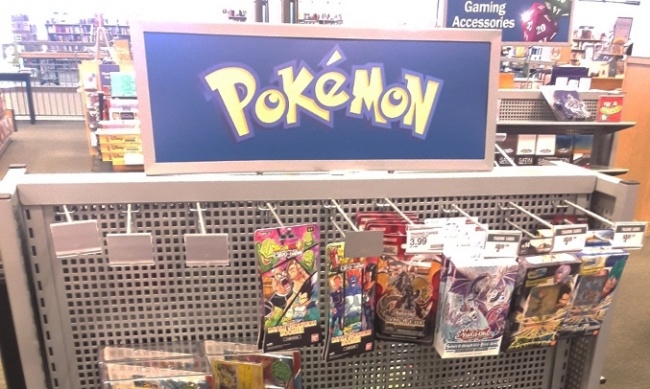
Column by Scott Thorne
Posted by Scott Thorne on May 3, 2021 @ 3:06 am CT
MORE GAMES
Marvel Art Books from Three Publishers
July 30, 2025
Three different publishers are offering Marvel-themed art books in coming months.
Adventure Set, Miniatures for ‘Evolved Edition’
July 30, 2025
Free League Publishing announced the Rapture Protocol Cinematic Adventure Set and Rapture Protocol Miniatures Set for the ALIEN RPG: Evolved Edition.
MORE COLUMNS
Column by Scott Thorne
July 28, 2025
This week, columnist Scott Thorne comments on the Edge of Eternities prerelease and on Magic: The Gathering news from the Hasbro earnings report.
Column by Rob Salkowitz
July 21, 2025
Columnist Rob Salkowitz lays out the Comic-Con panels of interest to industry professionals, current and aspiring creatives, educators, librarians and retailers.



